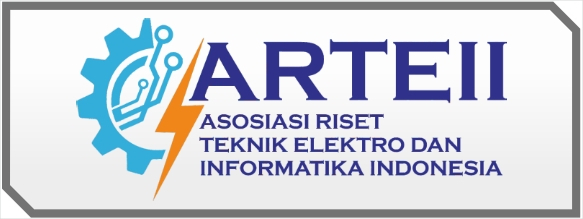Focus & Scope
Focus
Digitus: Journal of Computer Science Applications is a scientific platform committed to advancing the investigation and dissemination of rigorous research in the field of computer science applications. This journal focuses on bridging the gap between theory and practice by emphasizing the implementation of computer science principles to solve real-world challenges. Through scholarly articles, case studies, and empirical research, the journal aims to uncover innovative methodologies and techniques that contribute to the development of practical, technology-driven solutions in contemporary and emerging domains.
Interdisciplinary Approach
The journal recognizes the multifaceted nature of computer science applications, which require the integration of diverse disciplines such as software engineering, data science, artificial intelligence, and cybersecurity. From addressing challenges in big data analytics to creating intelligent systems for Industry 4.0, Digitus serves as a channel for cutting-edge interdisciplinary research that drives technological innovation and development.
Ethical Standards
With a firm commitment to academic integrity and ethical conduct, Digitus: Journal of Computer Science Applications adheres to the principles and guidelines set forth by the Committee on Publication Ethics (COPE). These standards ensure that ethical practices are upheld throughout the publication process. Authors, reviewers, and editors are encouraged to familiarize themselves with COPE's principles and actively engage in responsible research and publishing behaviors.
Core Focus Areas
The journal's scholarly interest spans a broad range of topics, including but not limited to:
- Software Development: Tools, practices, and methodologies for software engineering and project management.
- Artificial Intelligence and Machine Learning: Innovations in AI applications such as natural language processing, robotics, and predictive analytics.
- Cybersecurity: Solutions for digital forensics, encryption, and network security.
- Big Data and Analytics: Techniques for processing and analyzing large datasets to derive actionable insights.
- Internet of Things (IoT): Development and application of IoT technologies in smart cities, healthcare, and industrial automation.
- Human-Computer Interaction (HCI): Studies on designing effective user interfaces and enhancing user experience.
- Cloud Computing: Research on cloud-based systems and services for scalable and efficient solutions.
Computer Networks and Communications: Exploration of protocols, architectures, and emerging trends in data communication




